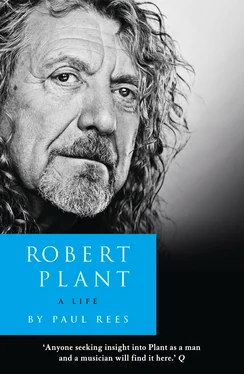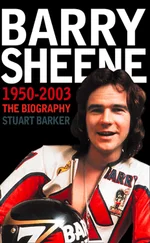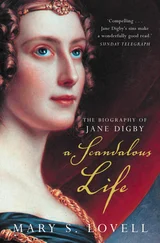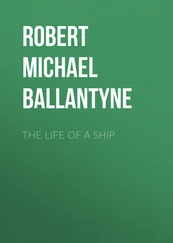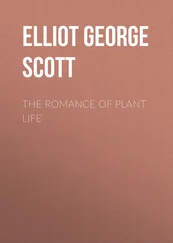There was also the challenge of forming a sense of what made Plant tick and drove him on. To the casual observer he might seem garrulous, but beyond this front he is guarded and private, careful never to reveal too much of himself. I wanted to reach the man behind the music, since gaining a better understanding of him would shed new light on the road he has travelled.
As he sat in the Marathon Bar collecting his thoughts that December night, the hours running to morning, did he reflect upon how far he had come and how long he had journeyed? Upon the years of struggle, the fights with his parents, when there was no money in his pocket and he had sensed the dream that had driven him slipping from reach. Upon the soaring heights to which Led Zeppelin had taken him, when he had basked in the adulation of millions and felt the heady rush of that band’s power pumping through his veins. And on into the deep, black depths into which he had sunk, when there had been nothing to fill the empty spaces in his heart.
Through it all there had been music. It was, then and now, the thing that most lit him up. First it came crackling over the radio waves, then as something wild and primal from within. All the endless possibilities it promised had made his head spin. So often and so much he had been stirred by Elvis Presley and Robert Johnson, by sounds that rushed to him from the American West and the north of Africa. It had, all of it, carried him along. It had given him more than he could have dared to ask for and he had taken every last drop of it. And as he did so it had exacted from him a heavy and terrible price.
And in looking back, did he also turn to contemplating his present and on then to what might lie over the horizon? Raising Sand , of which he was so proud, had awoken something new within him, but there was the question of what to do next, of where to roam and with whom. This relentless curiosity at all that could be was something he had never lost. Even on this night, when he had puffed out his chest and swaggered back into the past, what sustained him most was the sensation of forward motion, of new frontiers and the mysteries held within.
‘You can never have a life plan if you’re going to be addicted to music,’ he told me when I had asked him about such things. ‘At this age, when you find you’re still getting goosebumps and a lump in the throat when you hear it, how can you tell how it’s ever going to go?’
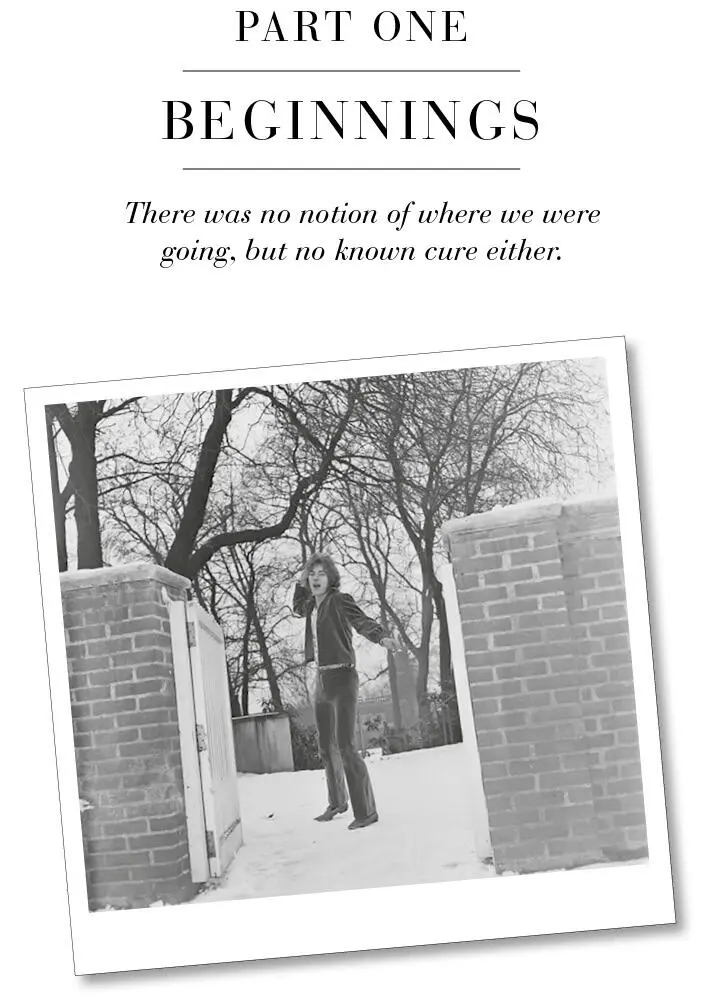
Bloody hell, Rob did a fantastic Elvis impression.
Robert Anthony Plant was born on 20 August 1948 in West Bromwich, in the heart of England’s industrial Midlands. His parents were among the first to benefit from the new National Health Service – the grand vision for a system of universal free health care set out by Clement Attlee’s Labour government upon coming to power in 1945 that had been made a reality the month before their son’s birth.
Plant’s father was also named Robert, like his father before him. A qualified civil engineer, he had served in the Royal Air Force during the Second World War. Before the war he had been a keen violinist but the responsibilities of providing for his family took precedence over such things when he returned home. He retained, however, a love of classical music. His other great passion was cycling and he would often compete in local road races. He was by all accounts a decent, straightforward man, no more or less conservative in his outlook than other fathers of the time.
Father and son found a shared bond in football. Plant was five years old when his father first took him to see a local professional team, Wolverhampton Wanderers. Sitting on his dad’s knee he watched as the players came out from the dressing rooms and onto the brilliant green pitch, those from Wolves in their gold and black strip, and felt euphoric as the noise of the thousands-strong crowd consumed him. His father told him that Billy Wright, the Wolves and England captain, had waved up to him as he emerged from the tunnel that day.
His mother was Annie, although people often called her by her middle name, Celia. Like most households then, it was she who ran the home and put food on the table. Plant would inherit his mother’s laugh, a delighted chuckle. She called him ‘my little scoundrel’. The Plants were Catholics and raised their son within the strictures of their religion. Later on they would have a second child – a daughter, Alison. But Robert was to be their only son, and as such it was he who was the receptacle of all their initial hopes and dreams.
From an early age, Plant can remember music being brought into the family home. His grandfather had founded a works brass band in West Bromwich and was accomplished on the trombone, fiddle and piano.
‘My great-grandfather was a brass bandsman, too,’ he told me. ‘So everybody played. My dad could play, but never did. That whole idea of sitting around the hearth and playing together had gone by his generation. He went to war, lost his opportunities, and had to come home and dig deep to get them back, like so many men of the time.’
The town in which the young Plant spent his first years was two miles by road from the sprawling conurbation of Birmingham, England’s second city. Locals called the regions to the north and west of Birmingham the Black Country. This was on account of the choking smoke that had belched out from the thousands of factory chimneys that sprung up there during Britain’s industrial revolution of the 19th century. Writing of these acrid emissions in The Old Curiosity Shop , Charles Dickens described how they ‘poured out their plague of smoke, obscured the light and made foul the melancholy air’.
By 1830 the Black Country’s 130 square miles had been transformed into an almost entirely industrial landscape of mines, foundries and factories, a consequence of sitting upon the thickest coal seam in the country. The rush to heavy industry brought not just bricks and mortar, but also the creation of new canal and rail networks, enabling the Black Country to export its mineral wealth to the far-flung corners of the British Empire.
They were still hewing coal out of the Black Country earth in the 1950s, although the glory days of the mines had passed. Iron and steel were worked intensively in local factories until the 1980s, glass to this day. The anchors and chains for the RMS Titanic ’s first – and last – voyage of 1912 were forged in the Black Country town of Netherton, and the ship’s glass and crystal stemware was fired and moulded in the glassworks of nearby Stourbridge.
In keeping with their austere beginnings the people of the Black Country pride themselves on being hard workers; tough and durable, they tend in general towards a stoical disposition and a droll sense of humour. Their particular dialect, which survives to this day, has its roots in the earliest examples of spoken English and is often impenetrable to outsiders. Habitually spoken in a singsong voice it conveys nothing so much as amusement and bemusement. There is an old saying around these parts: ‘Black Country born, Black Country bred, strong in the arm and thick in the head.’ This was how they went out into the world.
Two of the most prolific gunfighters of the Wild West, Wes Hardin and ‘Bad’ Roy Hill, who between them killed seventy men, had their roots in the Black Country town of Lye, their families leaving from there for the promised land of America and their own subsequent infamy. The ancestors of Wyatt Earp, the Wild West’s great lawman who wrote his name into history at the O.K. Corral in 1881, hailed from Walsall, less than four miles from where Plant took his first steps.
Читать дальше
